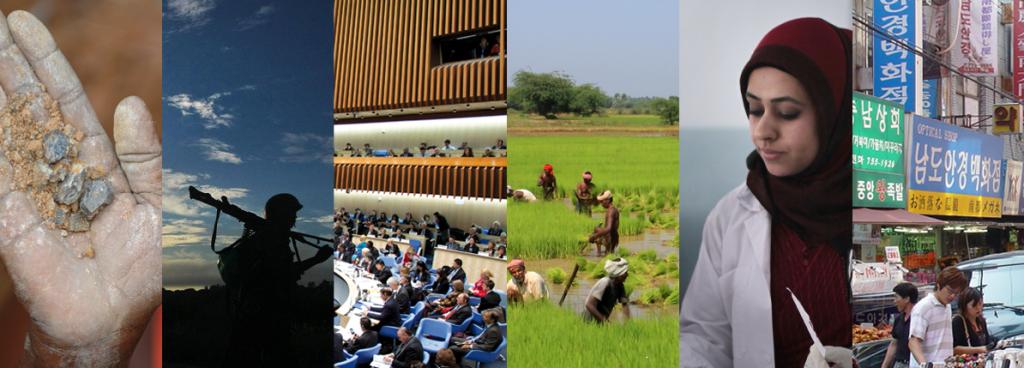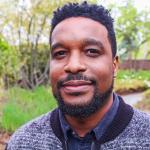Abstract
This talk explores the twinned meanings of both the object and concept referred to as the “black box.” The black box references the name of a torture device used to send electronic currents through a person’s body for the purpose of coercing a confession; and it also refers to the label I give for the conventional agreement, among a group of police officers, to stop trying to understand how and why torture is taking place in their very own precinct. In this way, my research bears witness to police violence that began in Chicago and then follows the city’s networks of torture to the global War on Terror. Being considered the enemy, and then being purposefully tormented because of it — this is what connects all of the survivors of torture in my study, from Black Chicagoans, like Andrew Wilson, to a Guantánamo detainee named Mohamedou Ould Slahi.
About the Speaker
Laurence Ralph is a researcher, writer and filmmaker. His work explores how police abuse, mass incarceration, and the drug trade make injury and premature death seem natural for people of color. His first book, Renegade Dreams (University of Chicago Press, 2014), received the C. Wright Mills Award and the J.I. Staley Prize. His second book, The Torture Letters (University of Chicago Press, 2020), explores a decades-long scandal in which hundreds of Black men were tortured in police custody. The Torture Letters is also the name of his award-winning, animated short film, which is featured in The New York Times Op-Doc series.
Laurence has held tenured appointments in the African & African American studies and anthropology departments at Harvard. He is currently a professor of anthropology at Princeton University. Ralph has been awarded many fellowships for his work, some of which include the Guggenheim and Carnegie Fellowships, as well as grants from the National Science Foundation, the Wenner Gren Foundation, and the National Research Council of the National Academies. He is a member of the Institute for Advanced Study, the Center for Advanced Study in the Behavioral Sciences, and a fellow of the Radcliffe Institute for Advanced Study.




